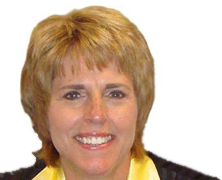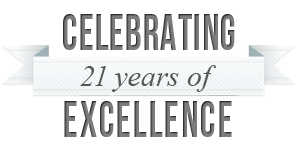Although I grew up in an area of the country that was as homogenous as any, my parents instilled some of my deepest motivations about diversity and inclusion. They instilled a tremendous work ethic and the expectation that I could do anything I set my mind to.
All three of my older sisters, none of whom initially attended college, settled in the D.C. area, taking jobs with the federal government. Coming from a country high school where 20 students comprised a large graduating class, they traveled much further than the physical 1300 miles from Nebraska for this journey. What does all of this have to do with Diversity and Inclusion? No matter your race, gender or ethnic background, to succeed, you have to first believe to you can.
In the early 80s, my husband an dI bought a farm and began a joint farming operation with my father-in-law. An economic slump and high interest rates forced us to abandon that dream. We moved to Macon, Georgia, to begin my new career in cable television. There we experienced for the first time some of the remnants of intolerance, centuries old, with two young children in tow.
As we moved about the country, I learned that to succeed, we must make our own way. I have long believed that one must earn respect, responsibility, recognition, and reward, whatever your definition of success is. Closely related, I believe that we’re all blessed with certain talents that are meant to be maximized. Utilizing them properly allows for us to be effective, because we’re engaging in things that are energizing to us. We’re enjoying the proper alignment of talent with activity.
Mentoring is an excellent tool to help our children and young professionals find that inner talent and passion. Mentoring minority and female professionals – some of whom are hesitant to pursue their talents because they may not readily see people like themselves in successful leadership positions – is incredibly powerful. As a female leader in Cox, I’ve been fortunate to receive such guidance from other successful role models, including my current manager, Jill Campbell.
Leadership requires us to break old paradigms that have historically gotten in our way. In our work place today, each of our team members seeks out the voices needed at the table. This requires growing or searching out leaders with perspectives we’ve not had to the past; not a simple task. It is our responsibility to create an environment for all the voices to be heard, to be fulfilled, and yes, to have a desire to stay and grow in their own leadership journeys.







